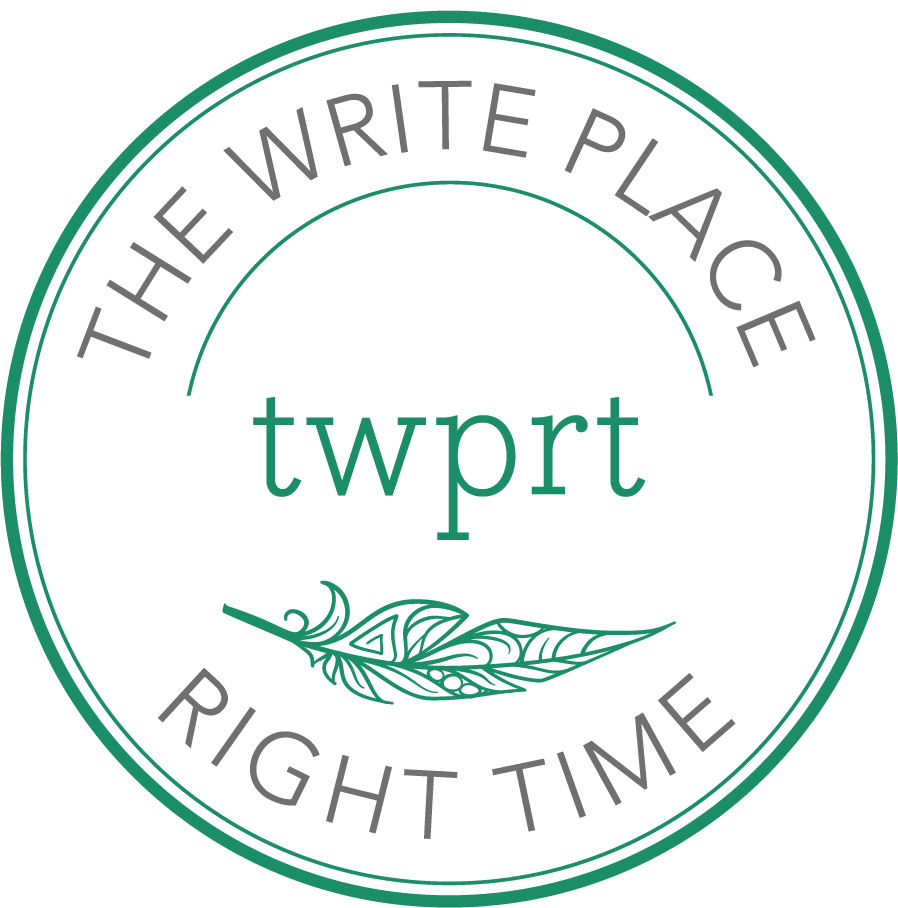If you were about to walk a new path or hike a new trail, you wouldn’t just walk into the woods with whatever you had on and hope to be successful. You’d prepare first. The same rule applies with jumping on the writing path when you’ve never done it before. Prepare first.
You’d look at the map to know how long the journey was, what altitude you might reach, and what kind of terrain to expect. To be really prepared, you would jump on the internet and check out what tips hikers before you might have to offer. Likely they’d make suggestions about the kind of footwear, or how much water to bring, or what kinds of clothes to wear. (I mean, sometimes it can get cool at the top of a mountain. You might want a sweater.) To be super-duper prepared (and on the safe side, especially with more challenging hikes), you would get a trail guide–someone to lead you through the woods.

If you’re new to writing a book, find a map that can help you find your way. (I happen to have one right here.) Check out free and available resources that offer tips and pointers. And don’t walk the writing path alone–find a trail guide.
See, trail maps are only good if you follow them. Tips are only good if you heed them. Tools are only useful if you have the right ones and know how to use them.
The moral of this story is if you intend to throw that all to the wind, prepare for the path ahead to be painful. But you’re not that kind of hiker (aka, aspiring author). You’re the one who wants to be prepared for the writing path. So here’s the stuff you’ll need in your backpack to be successful for the journey ahead and these are not what you might think.
The 7Ps to Put in Your Backpack:
- Permission – no one else but you needs to validate your idea or desire to write a book any more than someone giving you permission to go on a hike.
- Perseverance – the writing path can be exhilarating and also challenging or daunting at times; you’ve got to be determined to keep going no matter the terrain.
- Promise – another way of saying promise is to say commitment and not just commitment to keep going (see #2) but commitment to the writing process. A promise that you won’t cut corners or rush. A promise to write the absolutely best book you can–one you’ll be proud of. (Look. Another ‘p’ word.)
- Personal accountability – your book isn’t going to write itself and most people don’t have the budget to pay someone else to do it for them, so you better have heaps of personal accountability to keep you on the writing path, moving forward. Otherwise, your book will never get done.
- Protection – we’re not talking about weapons or rubbers here; we’re talking about self-care activities, tools, and resources so that when things get a little intense, or harried, or emotional, you have some things at your disposal to help you feel the feels and then get back on the writing path.
- People – we all need the original fangirl or fanboy, at least one person who has our back and will encourage us to keep going, or listen to or read a few lines here or there. We might not need anyone else’s permission to pursue our book dream but we do need at least one supportive loved one we can rely on as we go on the journey.
- Professional Guidance – Don’t go into dark woods alone at night. Don’t swim in shark infested waters. Don’t write alone or go on the writing path without the help of a professional somewhere along the way. You will need experts at some point to produce a wonderful book.

I’m sure you were expecting pencils and erasers or a good computer and Word (or Google Docs) to be on the list of tools. There are a few ‘p’ words among those things. But these are obvious and they’re more instruments to me, something you have to physically manipulate in order to get a result.
The tools I want you to have are less tangible and yet far more important. Because if you don’t have permission, perseverance, promise, personal accountability, protection, people, or professional guidance you’ll never actually use your pencil or Word/Google Docs. You’ll never actually pen your book or reach publication. Comprende?
And, word to the wise, here are some things you should figure out how to shed or pull off when you need to lighten your load: the idea that you have nothing important to say, the doubt about your ability to write a book, any sense of urgency that you need to get it done fast, the action of skipping steps, and the focus on external validations like bestseller statuses and awards. All this shit weighs you down and extends your writing path by a lot of extra miles.

You’ve got plenty of important things to say. You have plenty of skills that make you capable of saying them. There is no rush or hurry in getting your book out there – the world has already existed a long time without it and can exist a little longer. Skipping steps and cutting corners only cheapens and diminishes your final piece. You want to focus on the impact your book has made on you and what it will make on others–no bestseller status or award can truly capture the way your book has made you or someone else feel.
Pack the right things in your backpack before you hit the writing path, and lose the shit that won’t serve you on your way.
If you’re looking for a container where you are given permission to write, are surrounded by awesome people who are on the writing path, too, and are guided by a professional who knows her stuff and can teach you how to know yours, check out The Writing Bar.
The Writing Bar is a monthly writing workshop subscription that combines writing instruction, writing time, writing coaching, and writing community all in one place. You’ll strengthen your writing skills and confidence. You’ll learn more about what it means to become an author. It’s the prep work to get you fit as a fiddle for the big hike up ahead—writing your book.

